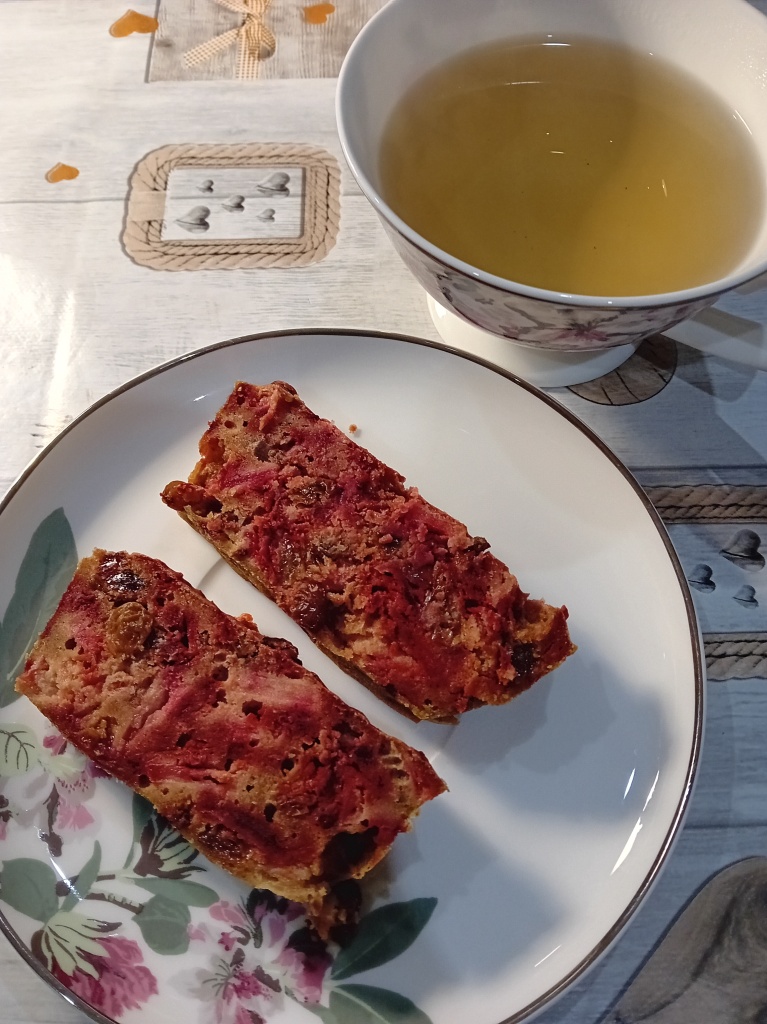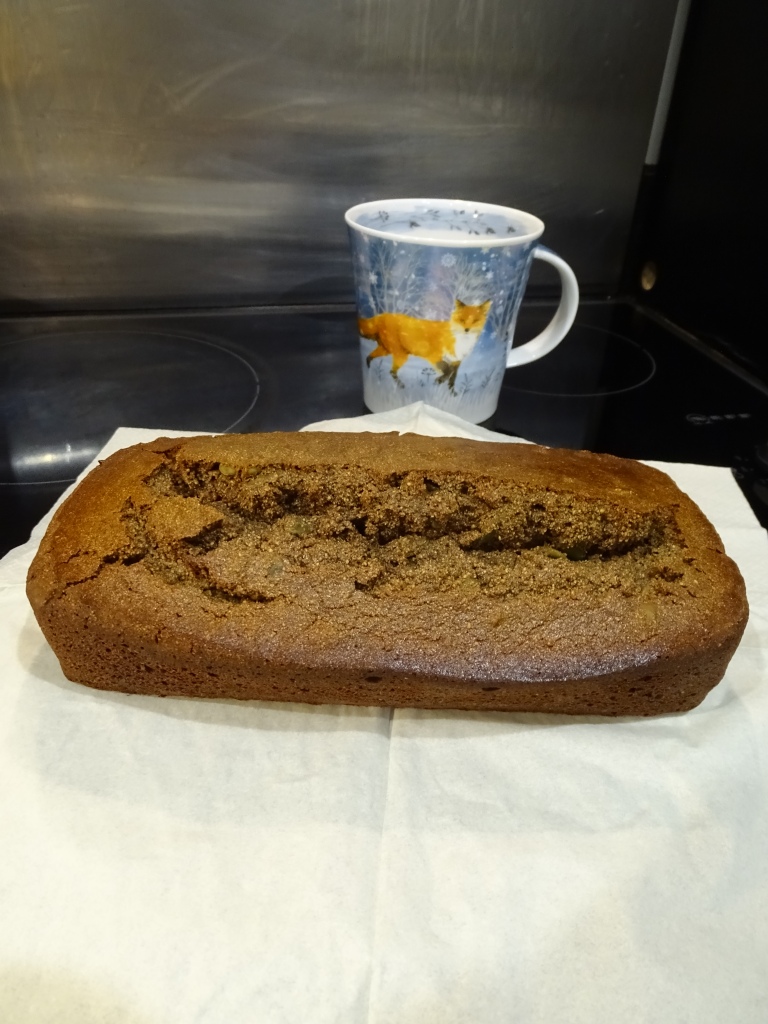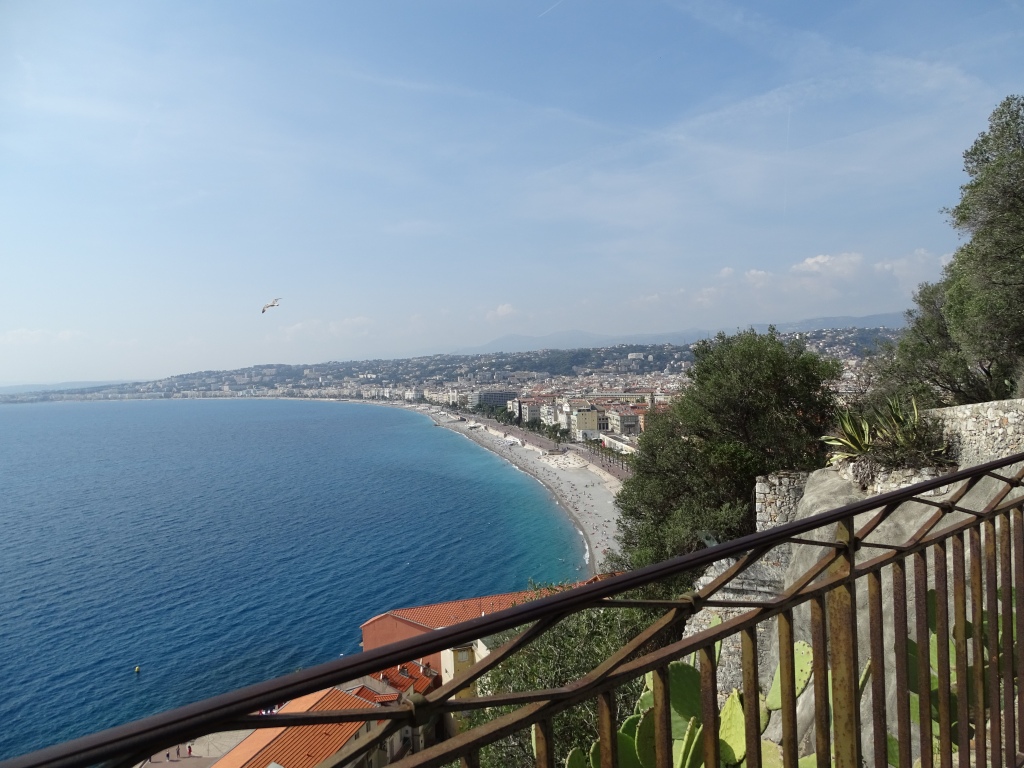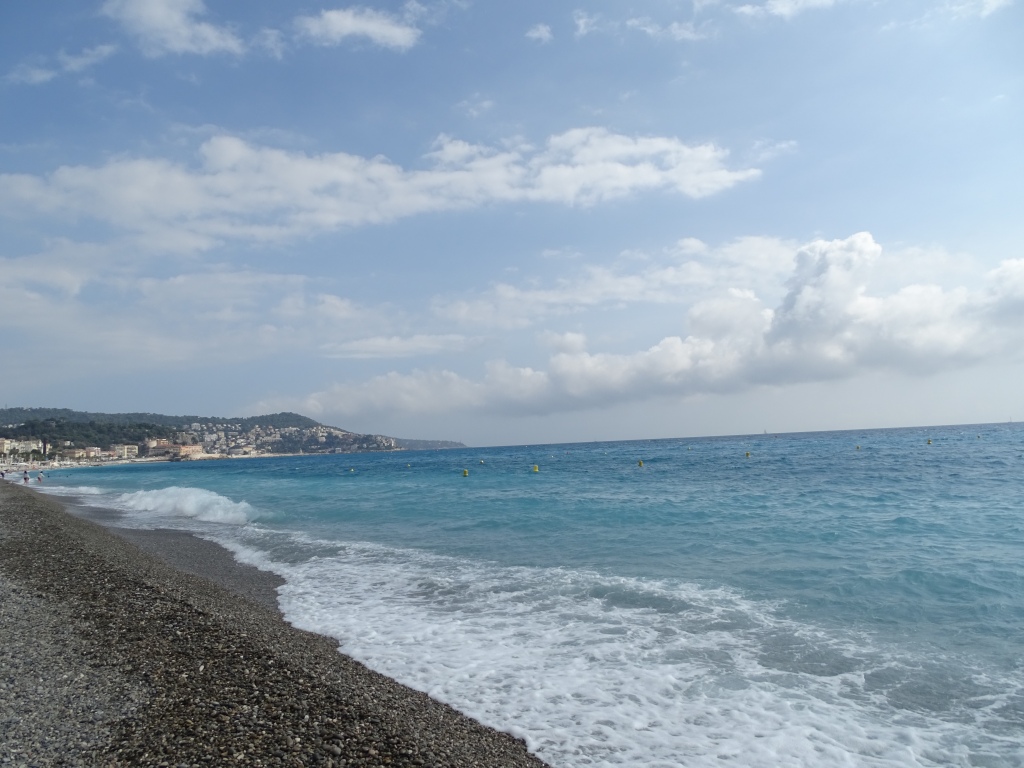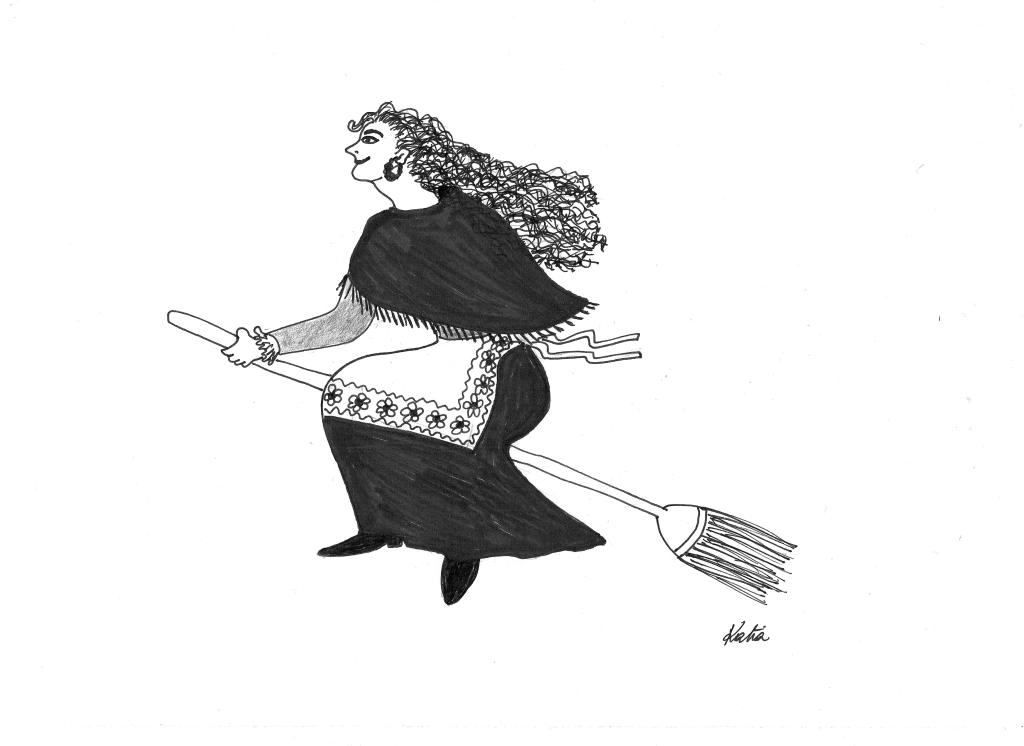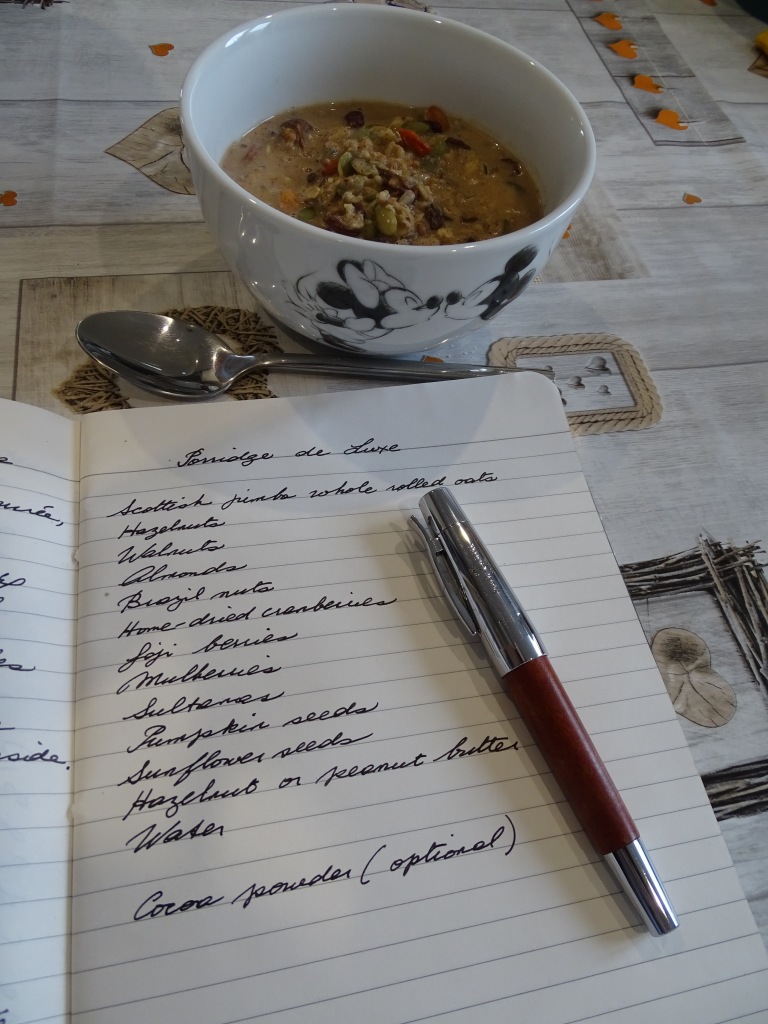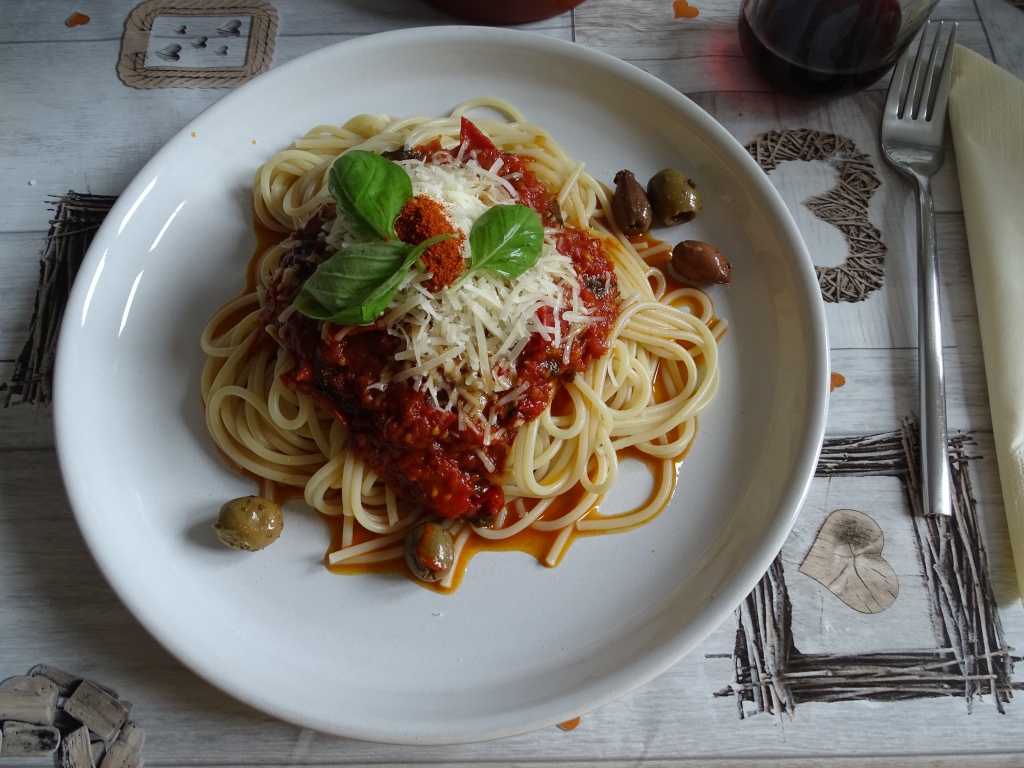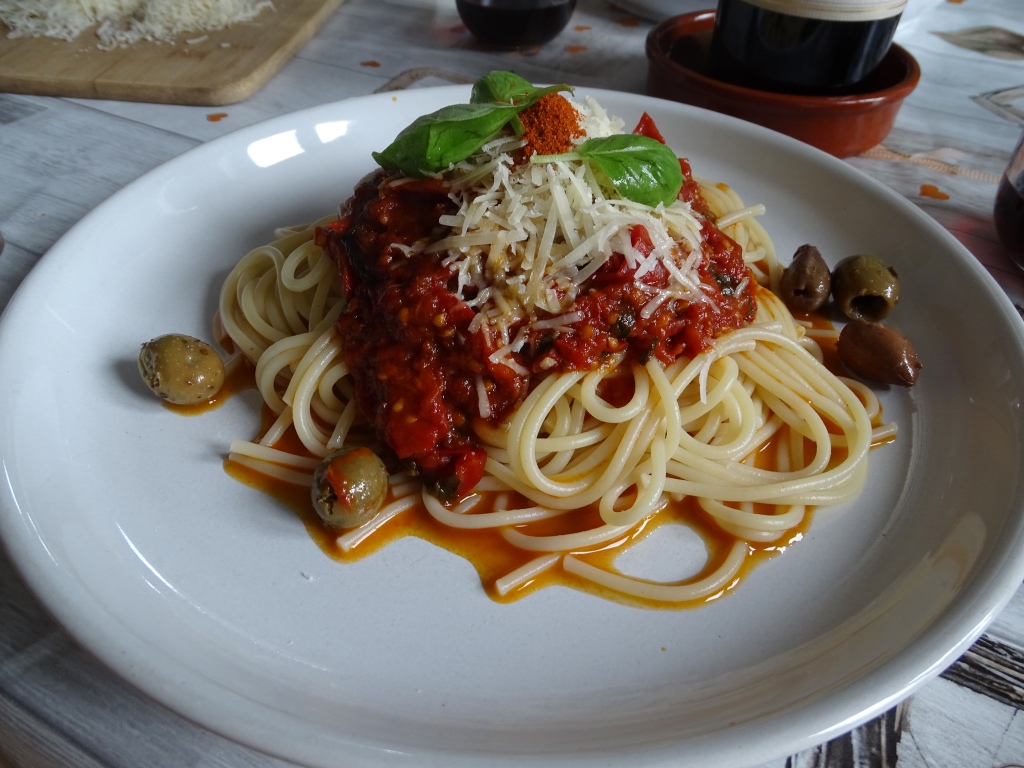Of Writers and Rice
I push open the door of Chocolate Notes and do a double take. Two well-known, award-winning writers – one of whom I’ve met before – are sitting at one of the large corner tables. After a moment of confusion (what are they doing in Norwich?) I remember that there’s currently some literary mini-festival at the University of East Anglia. They’re holding court, wedged in by their agents (whom I also know) and surrounded by a few people I recognise as academics from the UEA.
I let the glass door swing shut behind me and catch the eye of the writer who recognises me, so I head towards the group. His stern expression softens. It’s the closest I’ve ever come to seeing him smile outside his black-and-white publicity photographs, in which he invariably strikes a moody, sultry, tormented genius pose with the trademark designer stubble that now looks more white than grey.
He stands up and we shake hands. I exchange nods, smiles and circumstantial words with the academics and the agents.
He introduces me to the other author who, I can’t help thinking, looks like an ageing, well-fed tomcat, with his ample girth pushing against the commercial-white shirt and the lapels of his black jacket, his slow, languid gestures and the sleepy, bespectacled eyes that seem to notice everything around him. Eyes that linger briefly, assessingly, on me, the corners of his full lips stretching in an effortlessly charming smile. You can tell that he always smiles at women, that he likes women, at least for a while, perhaps as long as a cat enjoys toying with a shrew.
A few people shift to make room for me but I decline the seat with a wave. I don’t wish to impose on their gathering, I say firmly enough so they don’t insist. I can’t write about this scene or draw cartoons of the characters if I am sitting among them.
I shake hands again with the first writer and congratulate him on his recent novel. Then I find a table a little further away, where I can scribble and scrawl unnoticed, and drop my rucksack on the chair.
Jan is behind the counter, feeding a CD into the stereo. The wistful, passionate chords of strings and a piano ripple across the café. I look at Jan – by now I no longer need to utter my question out loud.
“Gabriel Fauré,” he says, “Piano quartet in C minor.”
“Do you know those two writers at the large table?” I ask.
“No… but they look familiar.”
I give him their names.
“I thought they looked important.”
“They would agree with you.”
Jan laughs and the writer I know suddenly looks up, aware of being observed. His sudden tension is palpable, like an animal on alert, his penetrating eyes, once like shiny obsidian, now a milkier grey, suddenly harden and a shadow of frustration falls over them A falcon who knows he can no longer see all the way beyond the horizon.
I feel a pang of certainty in my stomach: he thinks Jan and I are making fun of him and that makes him angry. Angry and frightened. His younger self could have slashed us with his talon, but now he can no longer balance on one leg. He fears he might fall.
I feel a shade of guilt, smile broadly and step towards him again. “I was telling Jan how much I loved your Liquid Silence,” I say.
His eyes soften a little. “Ah, that’s very kind of you,” he replies. Reassured, he turns his aquiline profile back to his retinue.
I return to the counter.
“What was that about?” Jan asks.
“Smoothing feathers,” I say, keeping my back to the group.
“Are you stopping for lunch?”
“Yes. What’s the special today?”
He points at the blackboard. “All-Purpose rice. What topping would you like with it?”
“I trust you,” I reply, returning to my table. While waiting for my food to be brought to me, I watch – as discreetly as I can – the literary mini-court at the large corner table again. A forty-something academic tosses her long, pre-Raphaelite red hair and cocks her head as she speaks. The tomcat raises his eyebrows and smiles, his eyes widening behind his lenses. Next to him, his agent, a tall, lean woman in her sixties with extra-long legs and blonde highlights in her bob, nods slowly while darting glances around the group, protecting her investment. The other writer is making a point – a very comprehensive one – peppered, from what I can hear from a distance, with quotations from Classical authors and ancient Greek philosophers. He occasionally lifts a hand from his lap to massage his stubble, as though to underline his message. His eyes are tired, his once suntanned skin a little sallow, but in the eyes of his audience, he is still the falcon that never misses his aim. Next to him, his agent, a middle-aged man in a three-piece suit, listens with an expression of quiet benevolence. He knows his prey can no longer fly away from him.
I am cruel, I know. But this is all too good a tableau. I take my sketching pad and my 2B mechanical pencil out of my rucksack.
✑
ALL-PURPOSE RICE
(all measurements are approximate, see https://scribedoll.com/2023/01/15/new-blog-feasts-fancies/)
Composition:
❧ Basmati rice
❧ Peas (fresh or frozen)
❧ 1 carrot, peeled and washed
❧ 1 small onion
❧ 2 celery stalks (washed)
❧ Vegetable stock (see recipe)
❧ Salt and black pepper
❧ Extra-virgin olive oil
❧ Fresh flat-leaf parsley
❧ A dash of white wine (optional)
Chop the onion, carrot and celery as finely as possible and cook in olive oil on gentle heat until soft and golden. Don’t rush, just stand there, stirring slowly, letting the flavours get acquainted and, once they’ve vanquished their natural shyness, commune. Add the parsley, chopped coarsely, haphazardly. Include the stalks – they’re flavoursome, too.
Throw in the rice (thoroughly washed), turn up the heat: it’s time for some action. Stir briskly and coax the rice into absorbing some of the flavours of the vegetables. Add a splash of white wine if you wish. After about 5 minutes, start adding the vegetable stock a little at a time, still stirring. Once all the ingredients are in the pan, add salt and bring to the boil. Cook the rice the way you normally would. Depending on whether you are using fresh or frozen peas, add them to the rice just a few minutes before the liquid has completely evaporated. Start stirring again, to make sure the rice doesn’t stick to the bottom of the pan. Cook until the peas are ready.
Serve with prawns, tuna fish or anything else you like – or enjoy it as it is.



